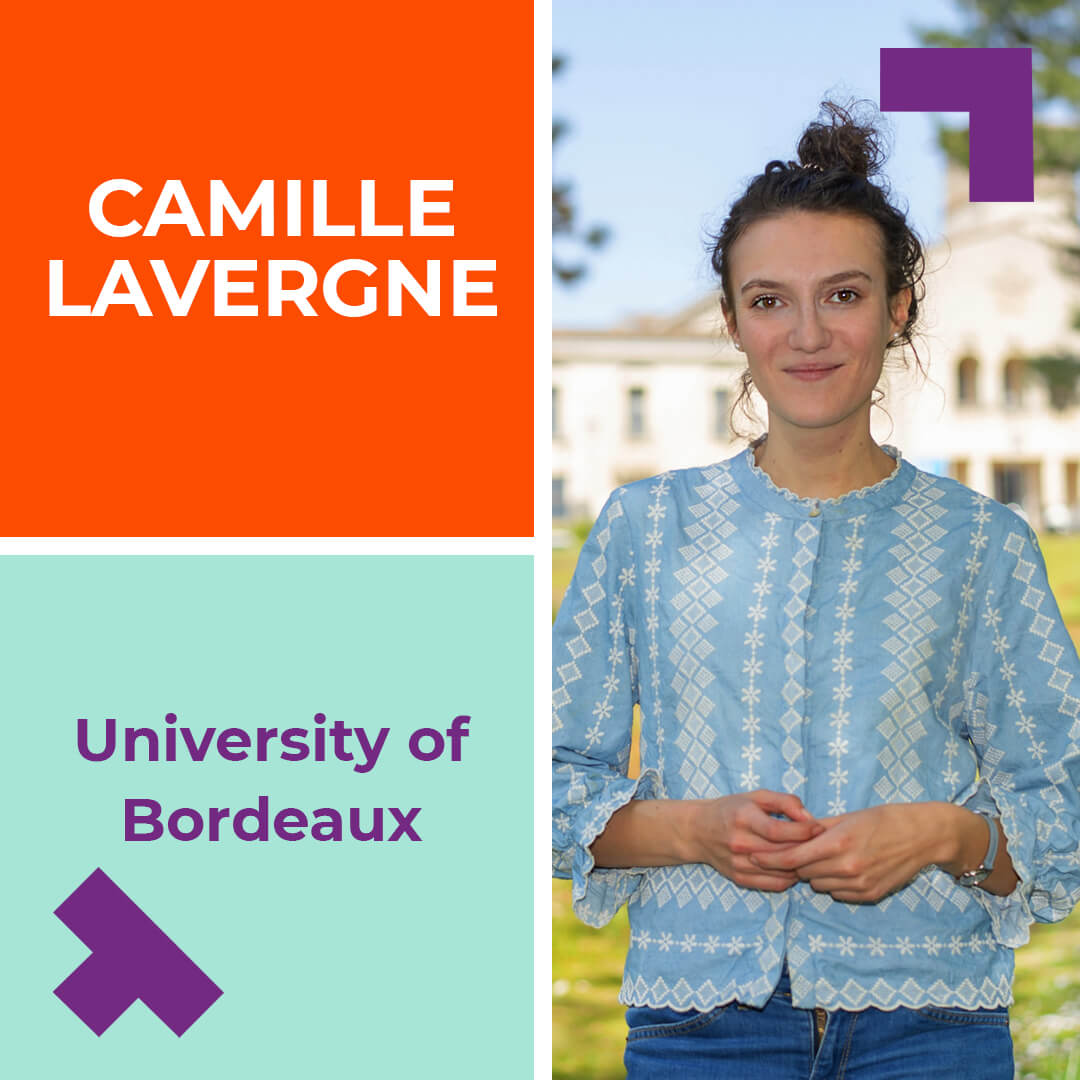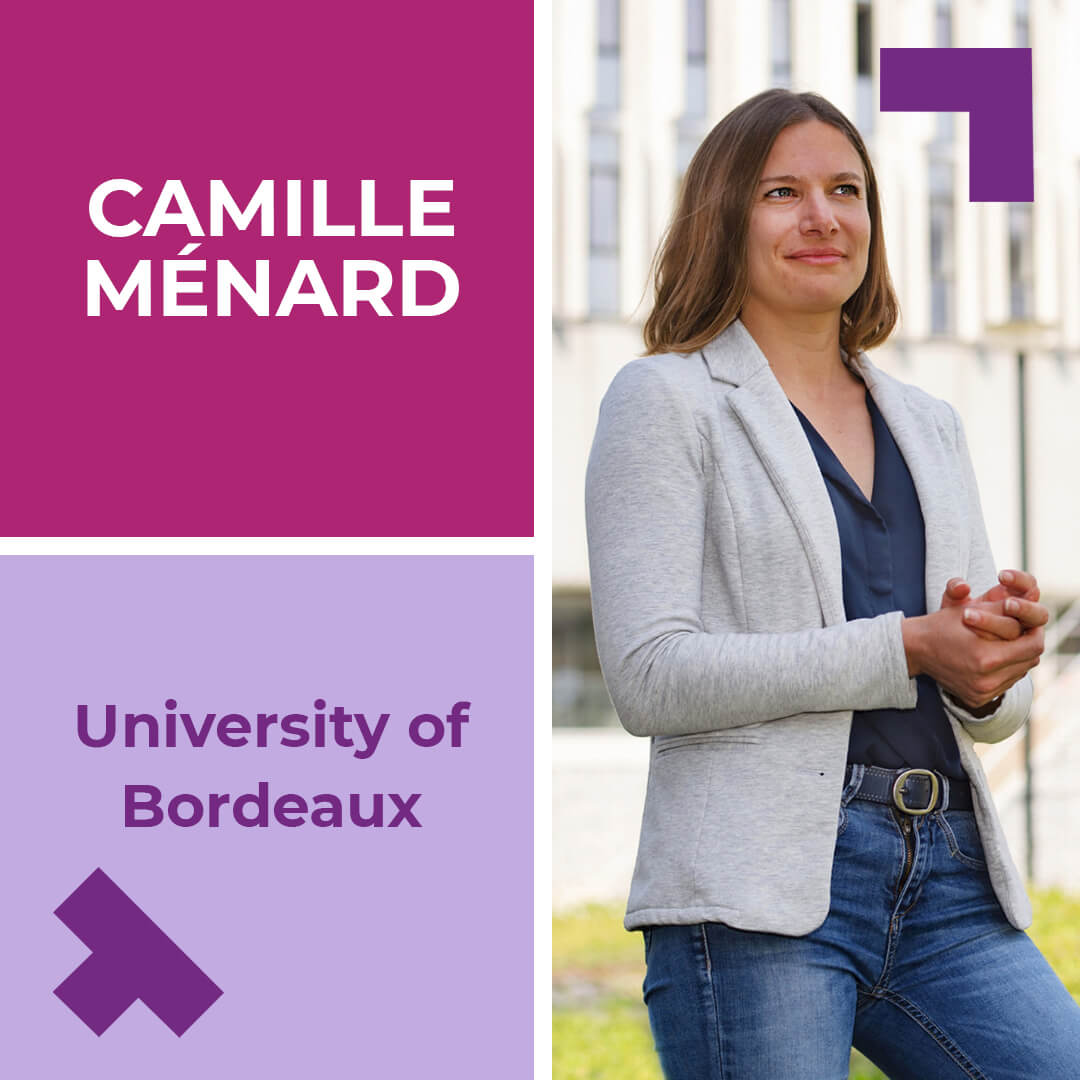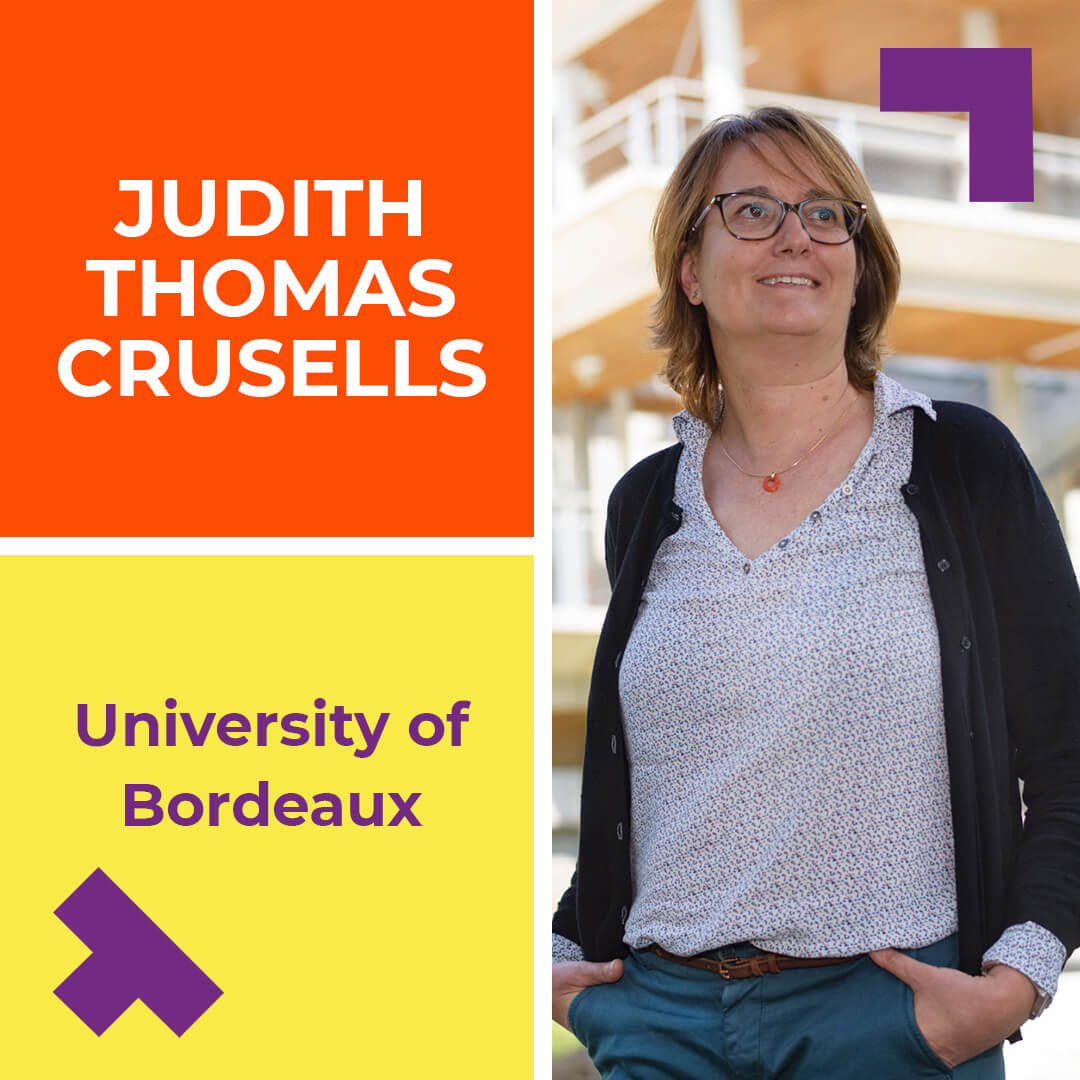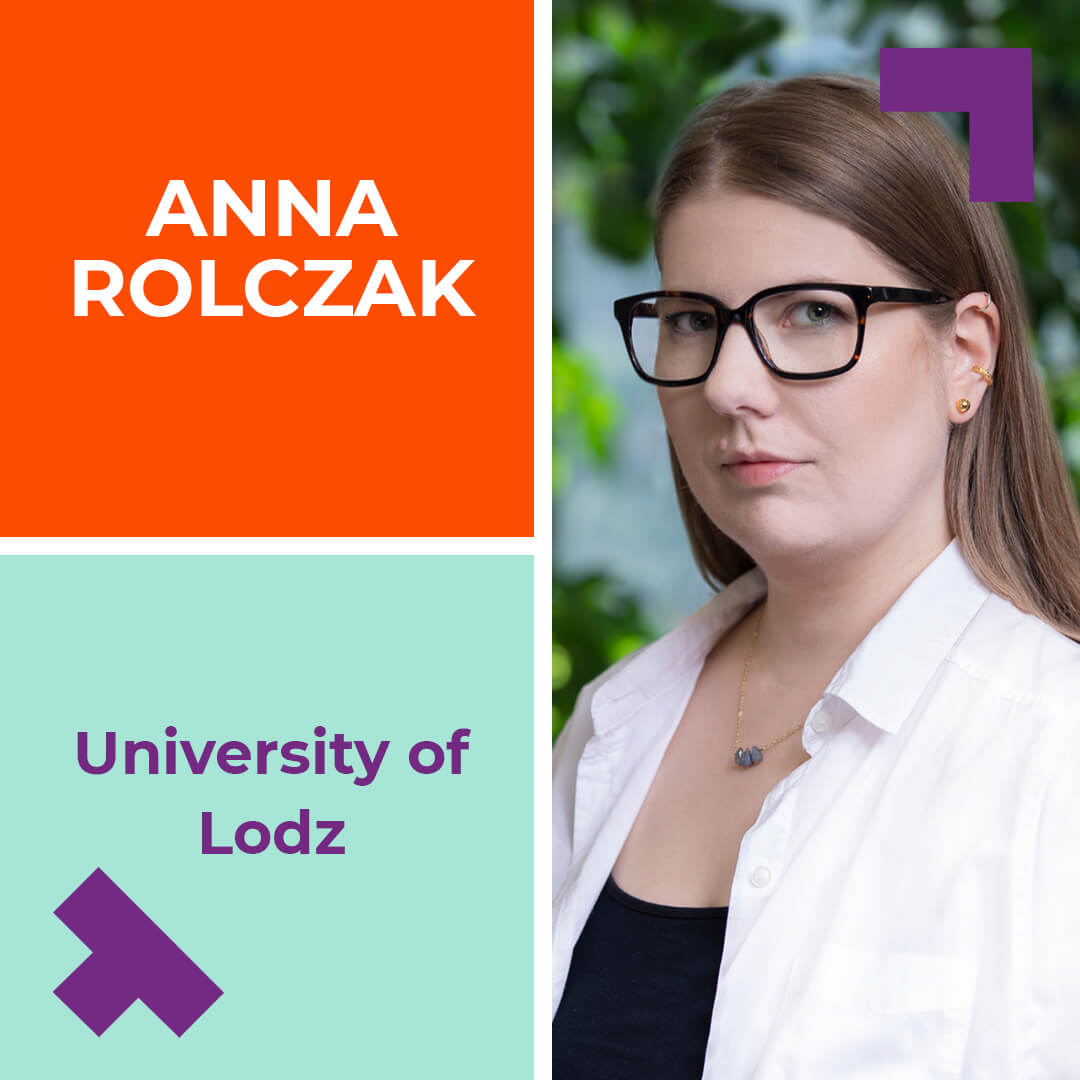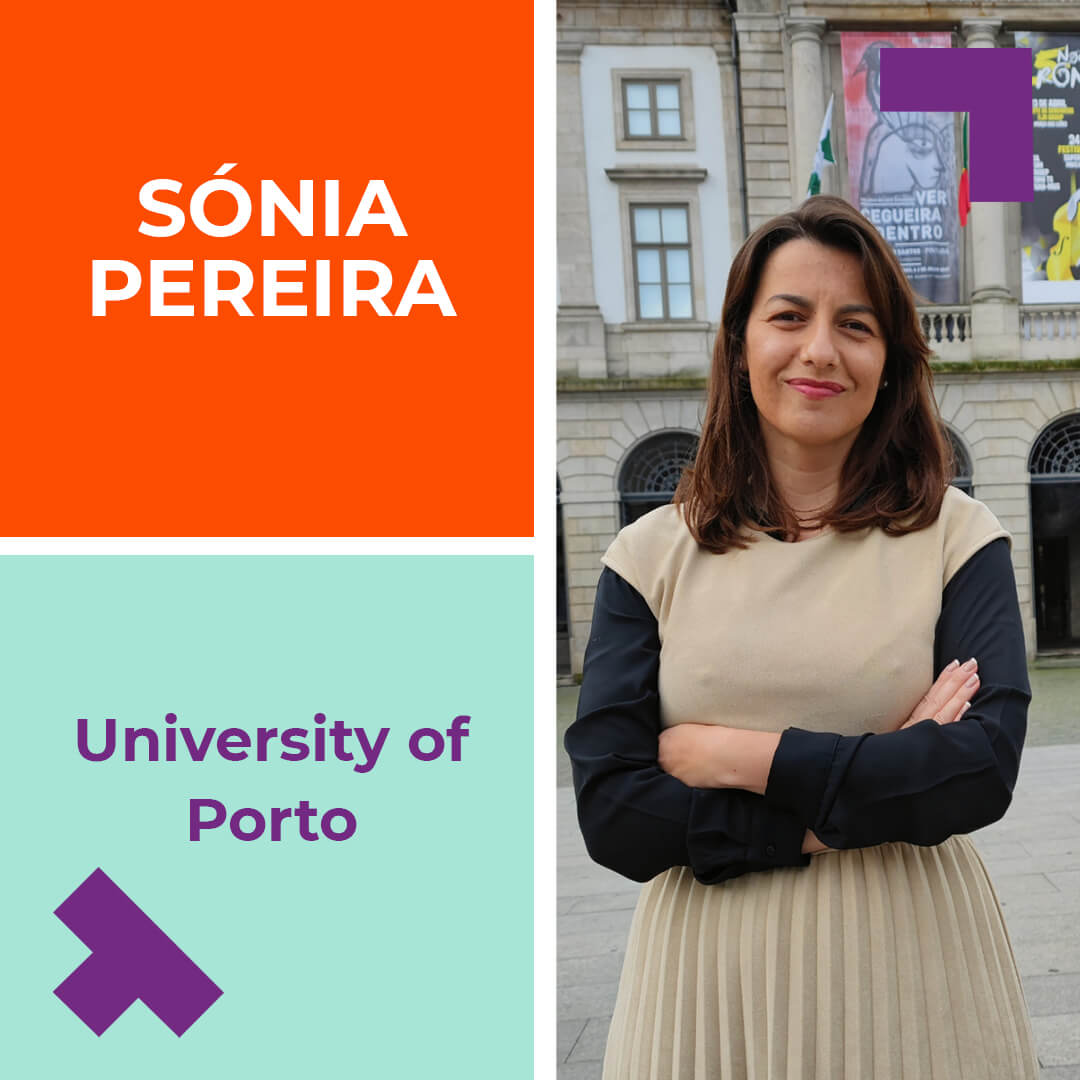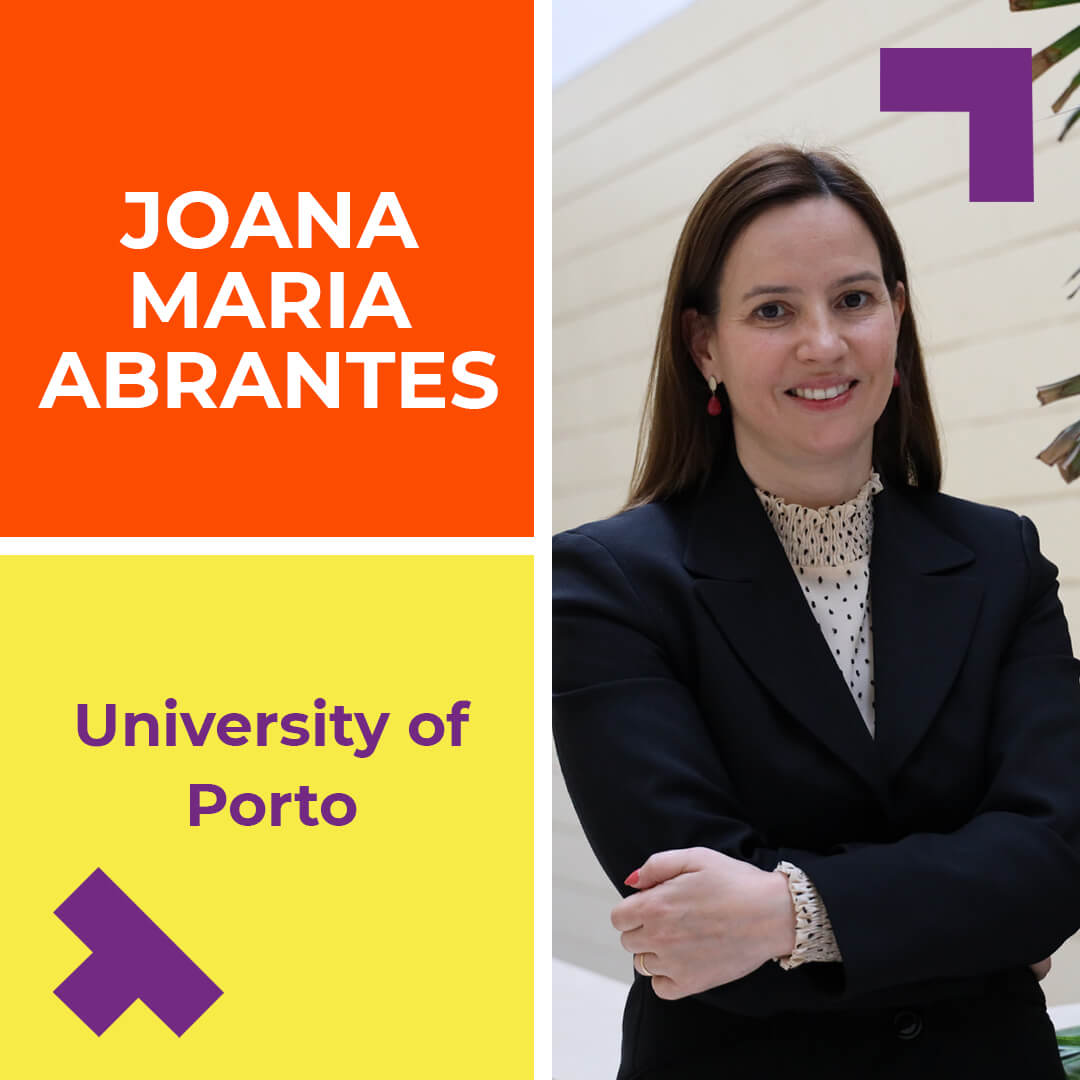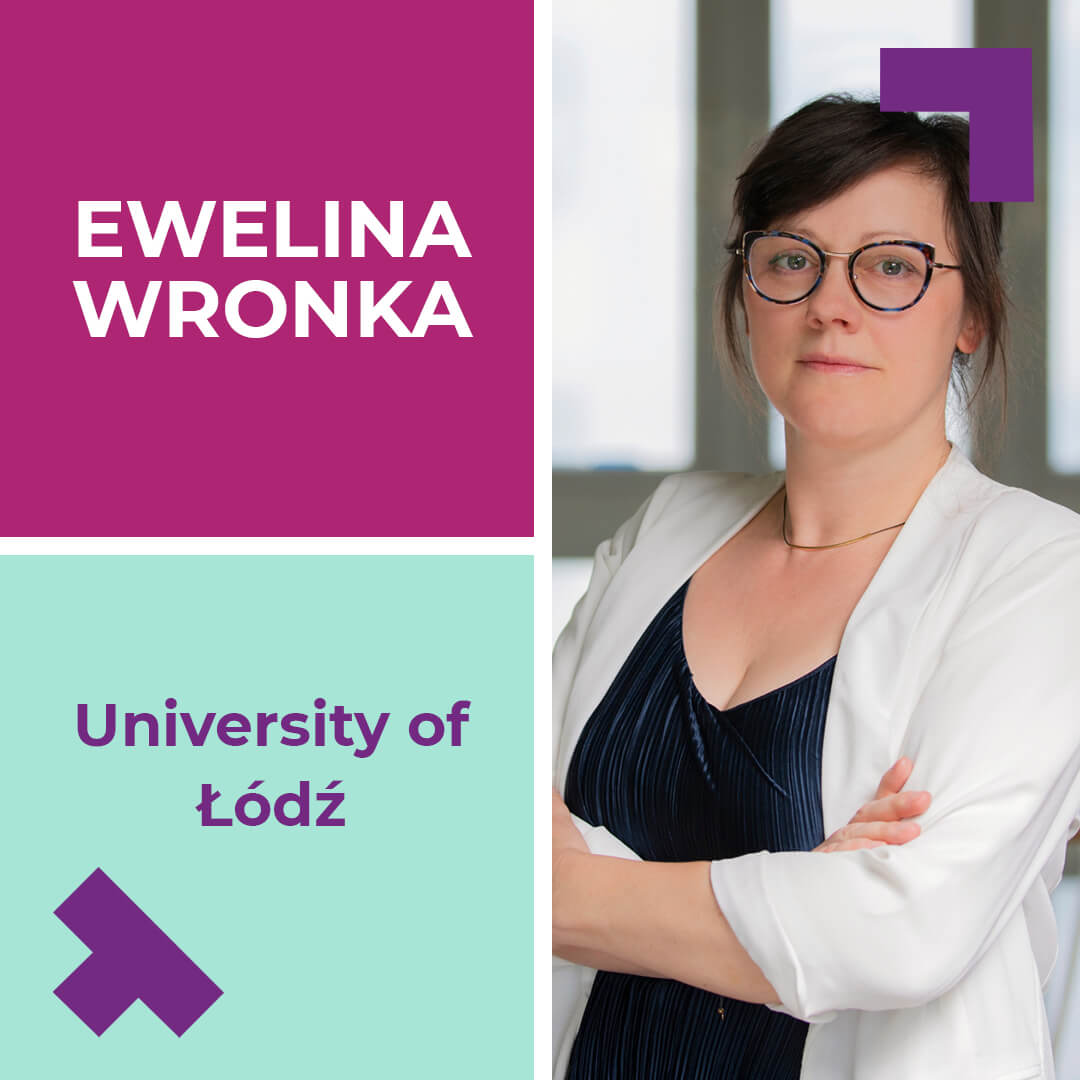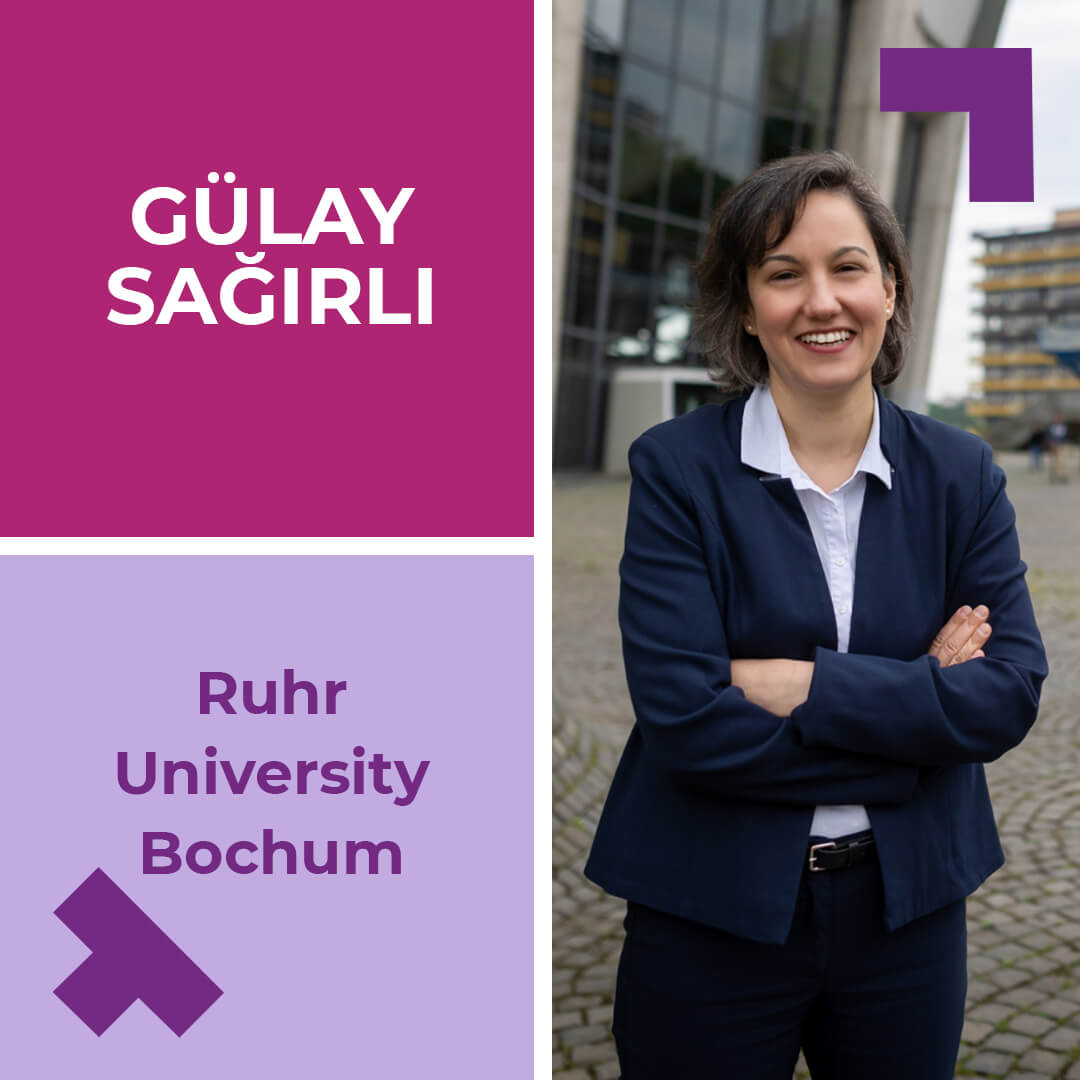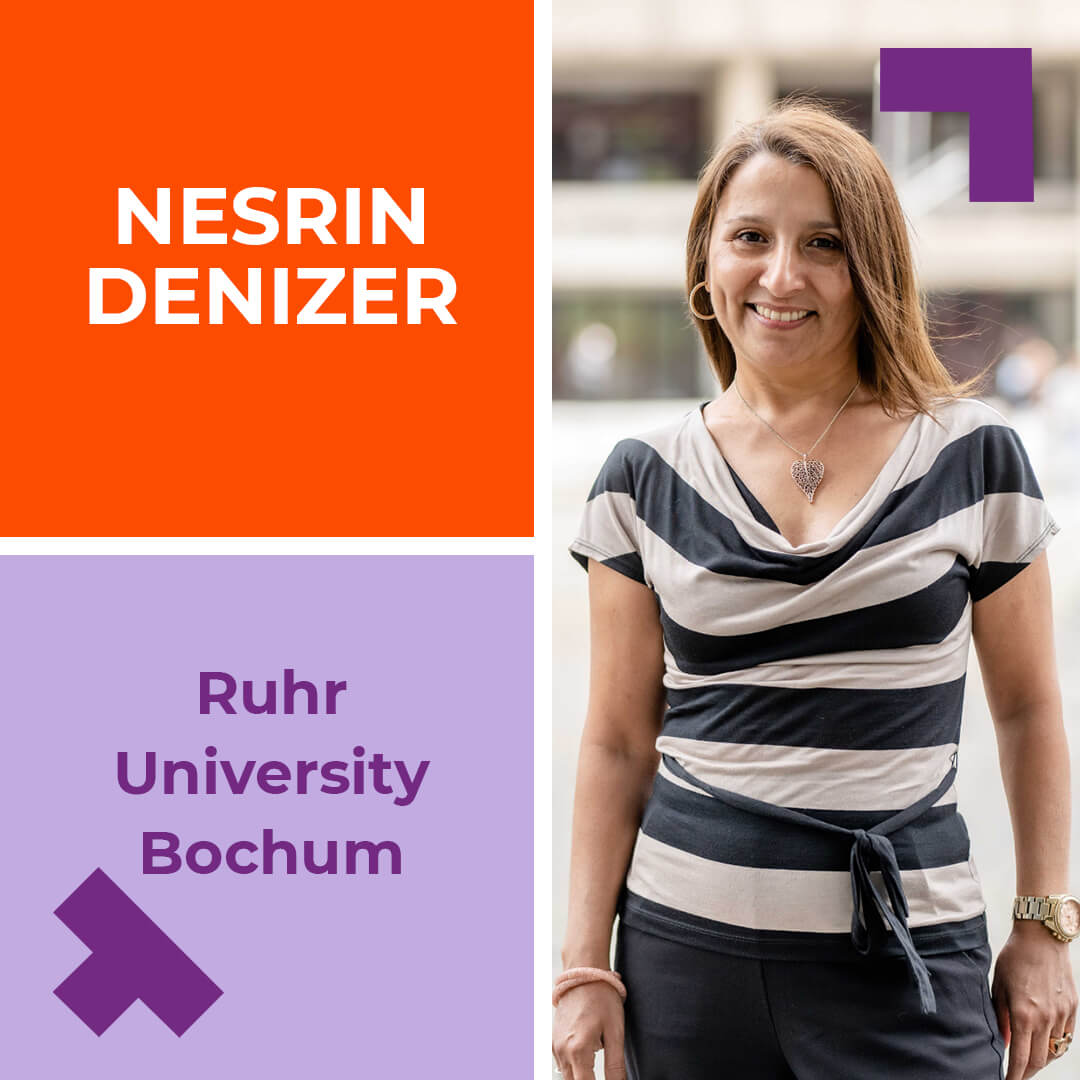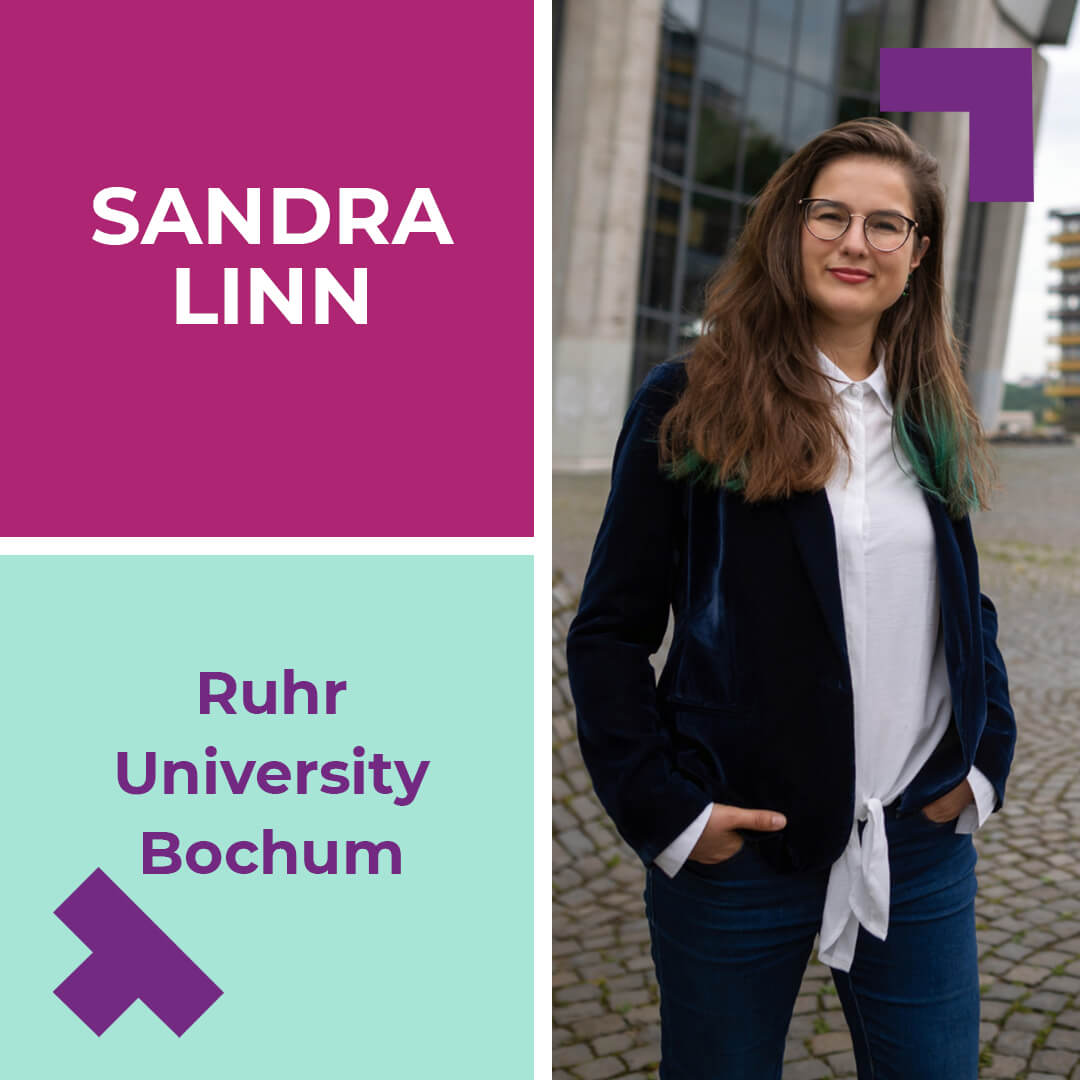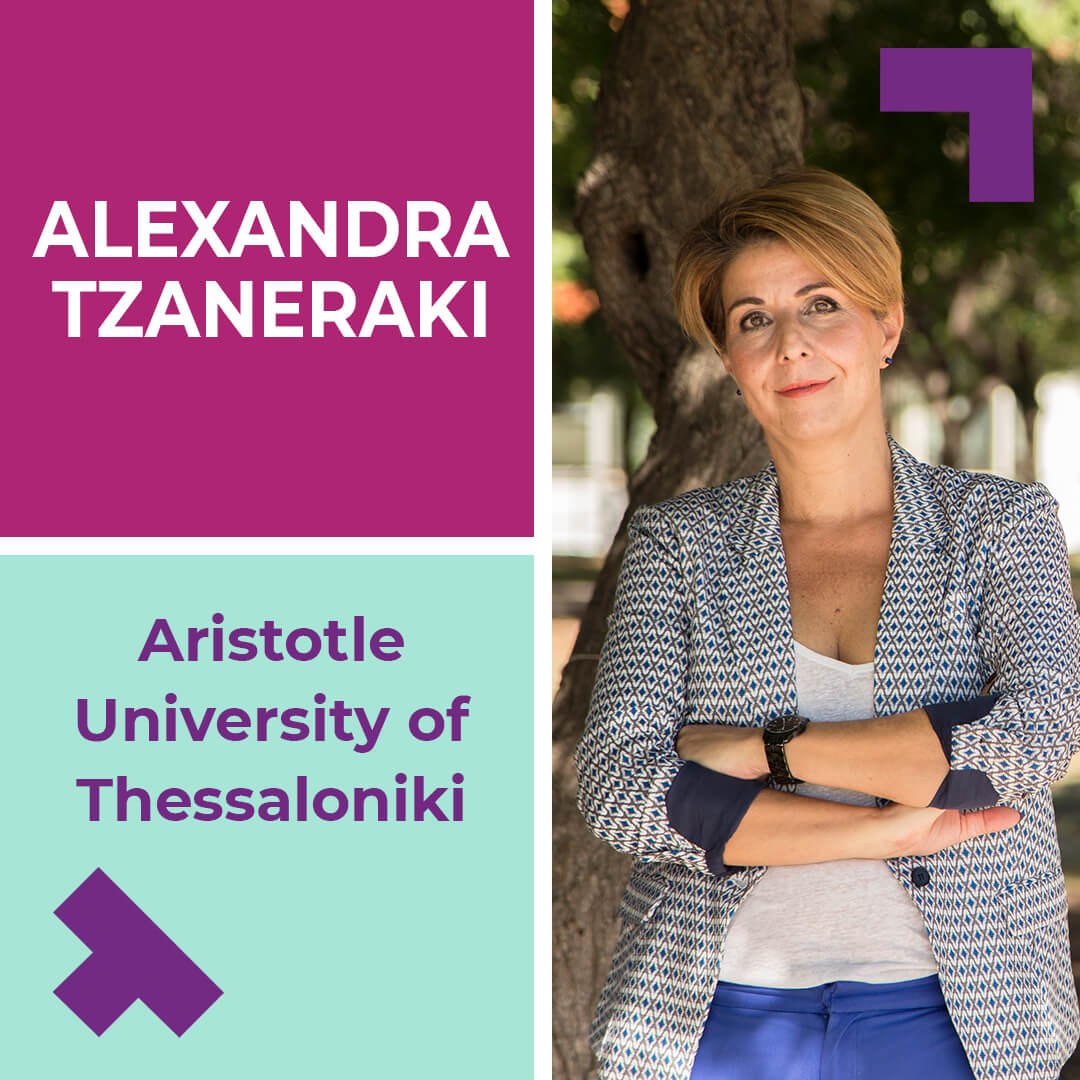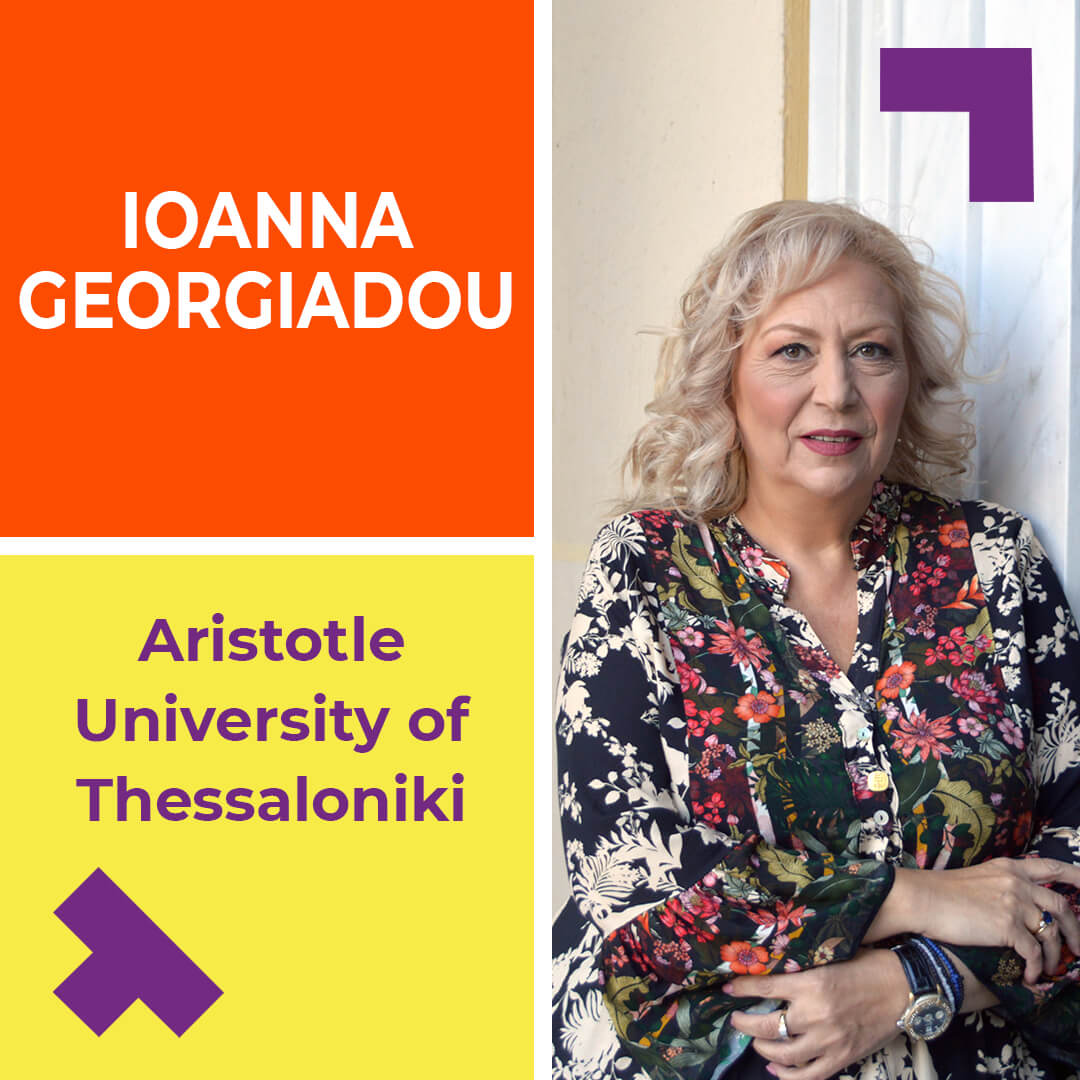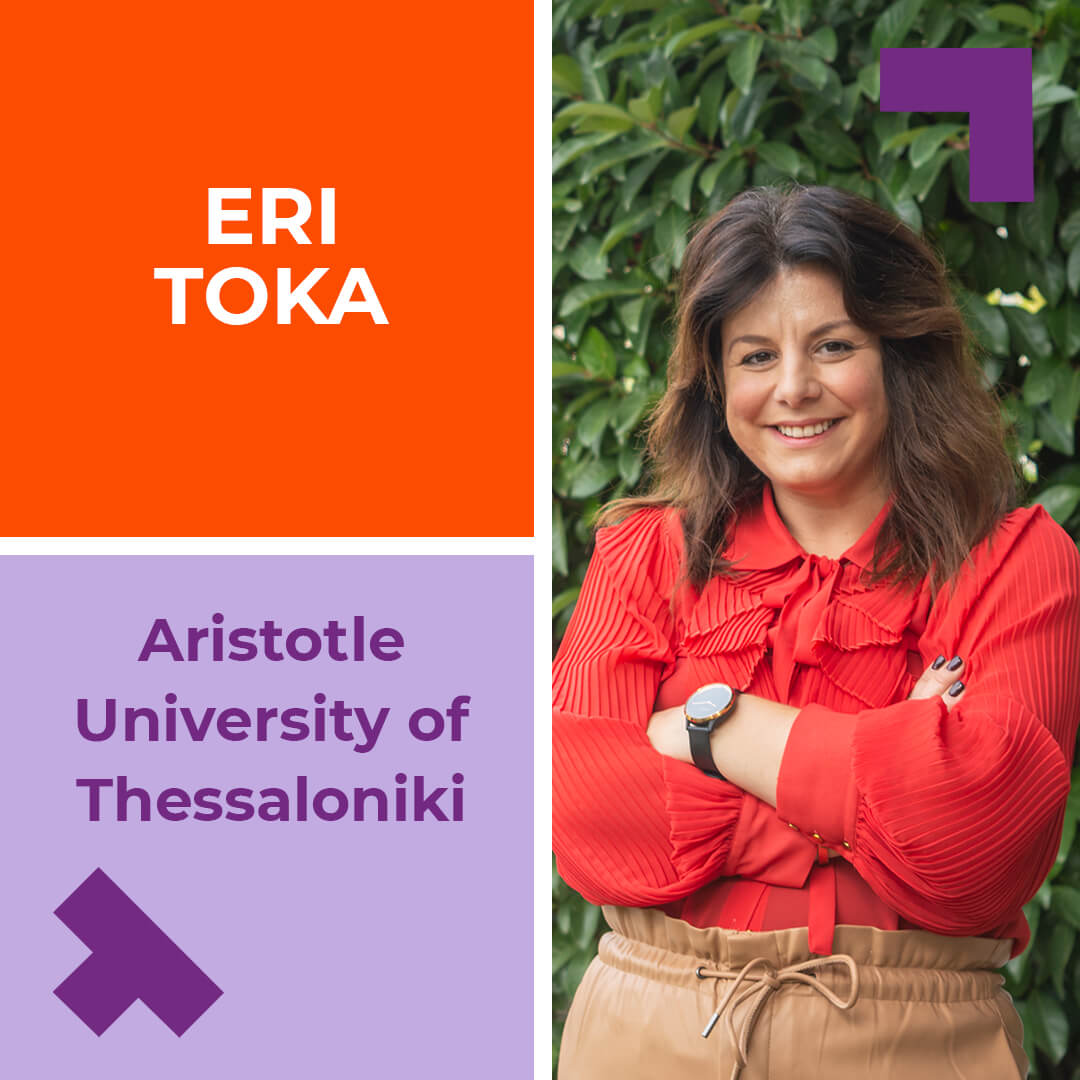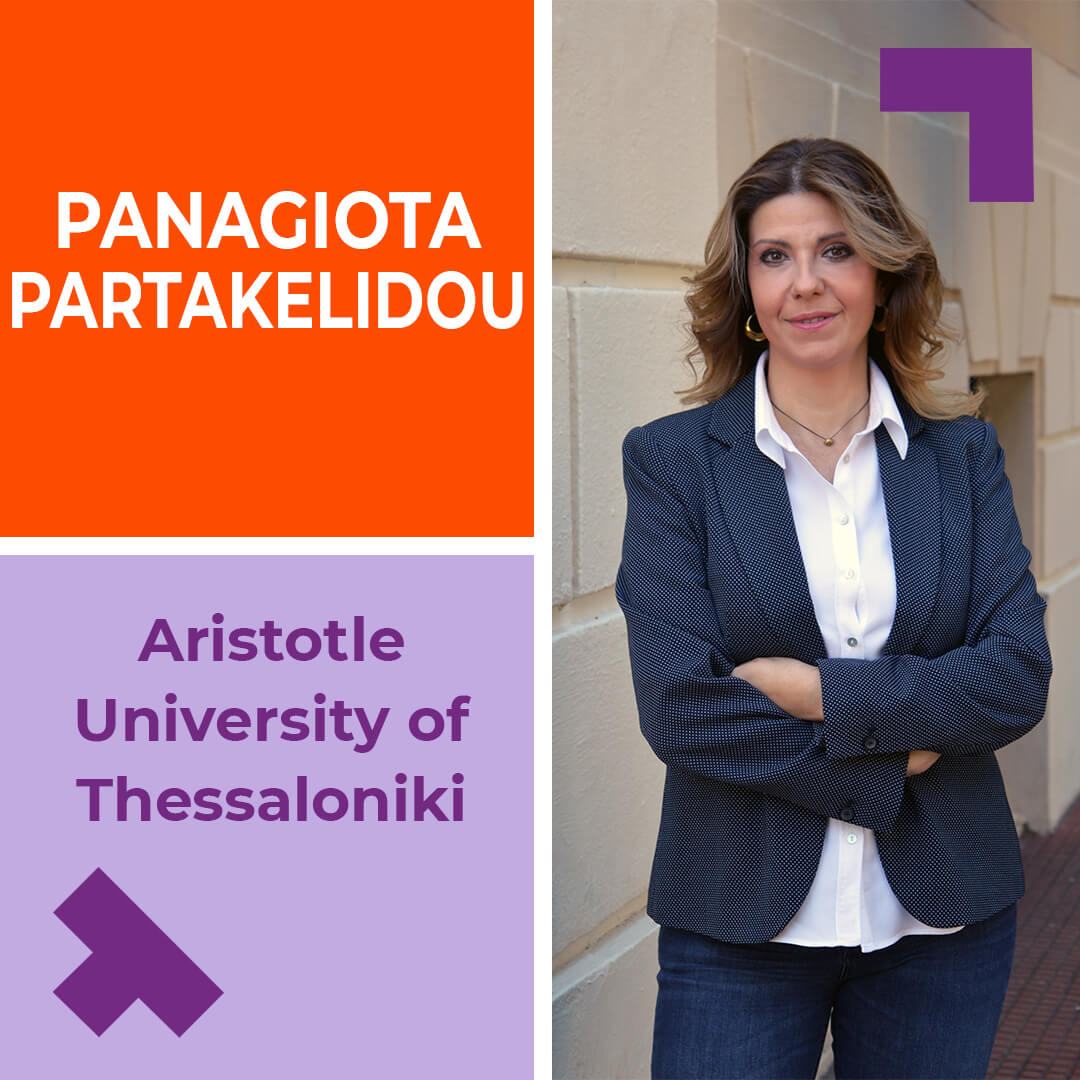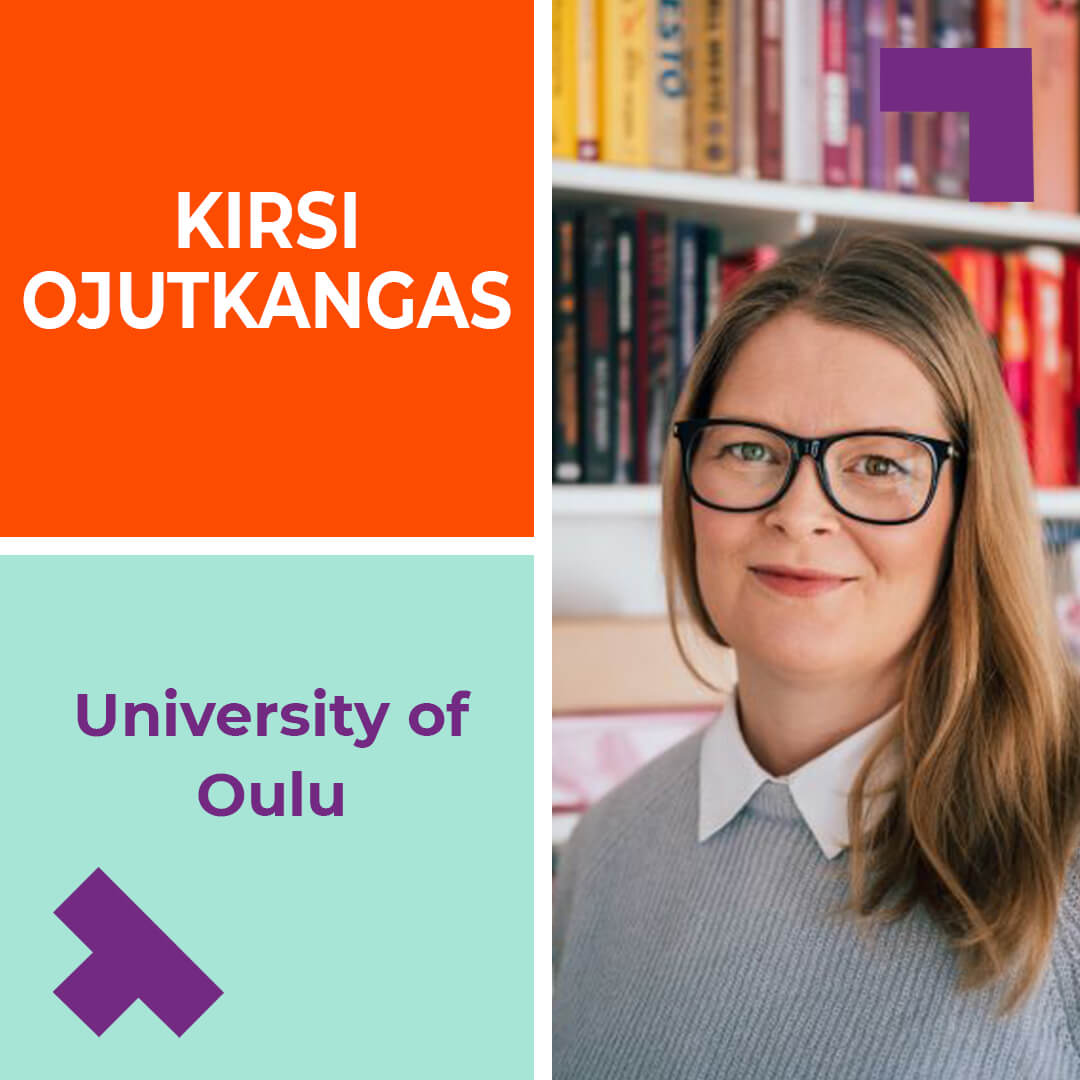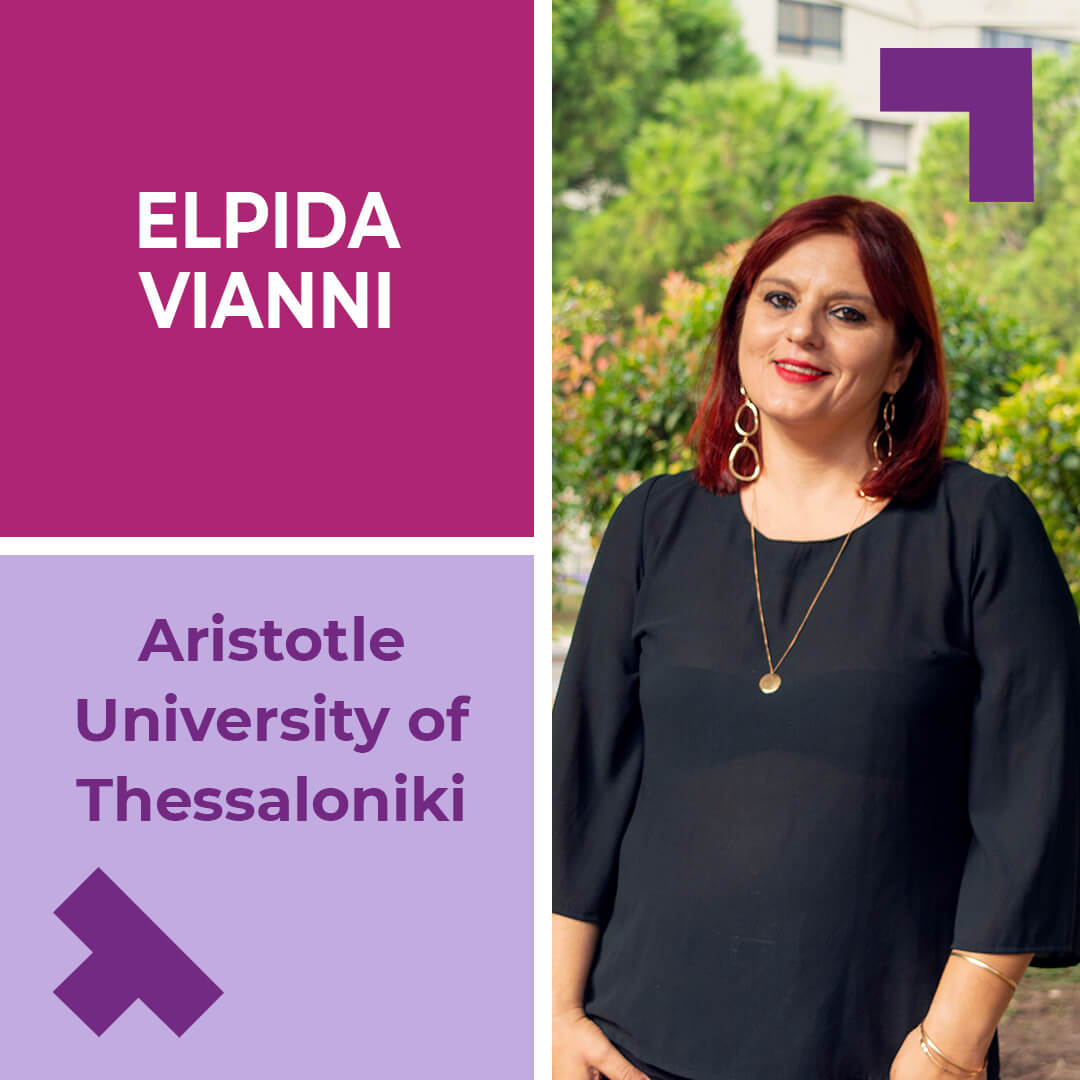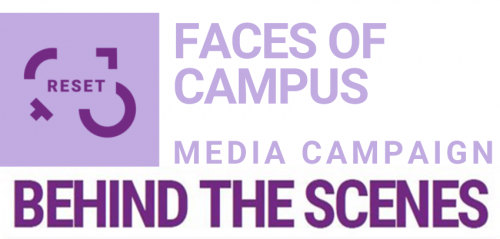
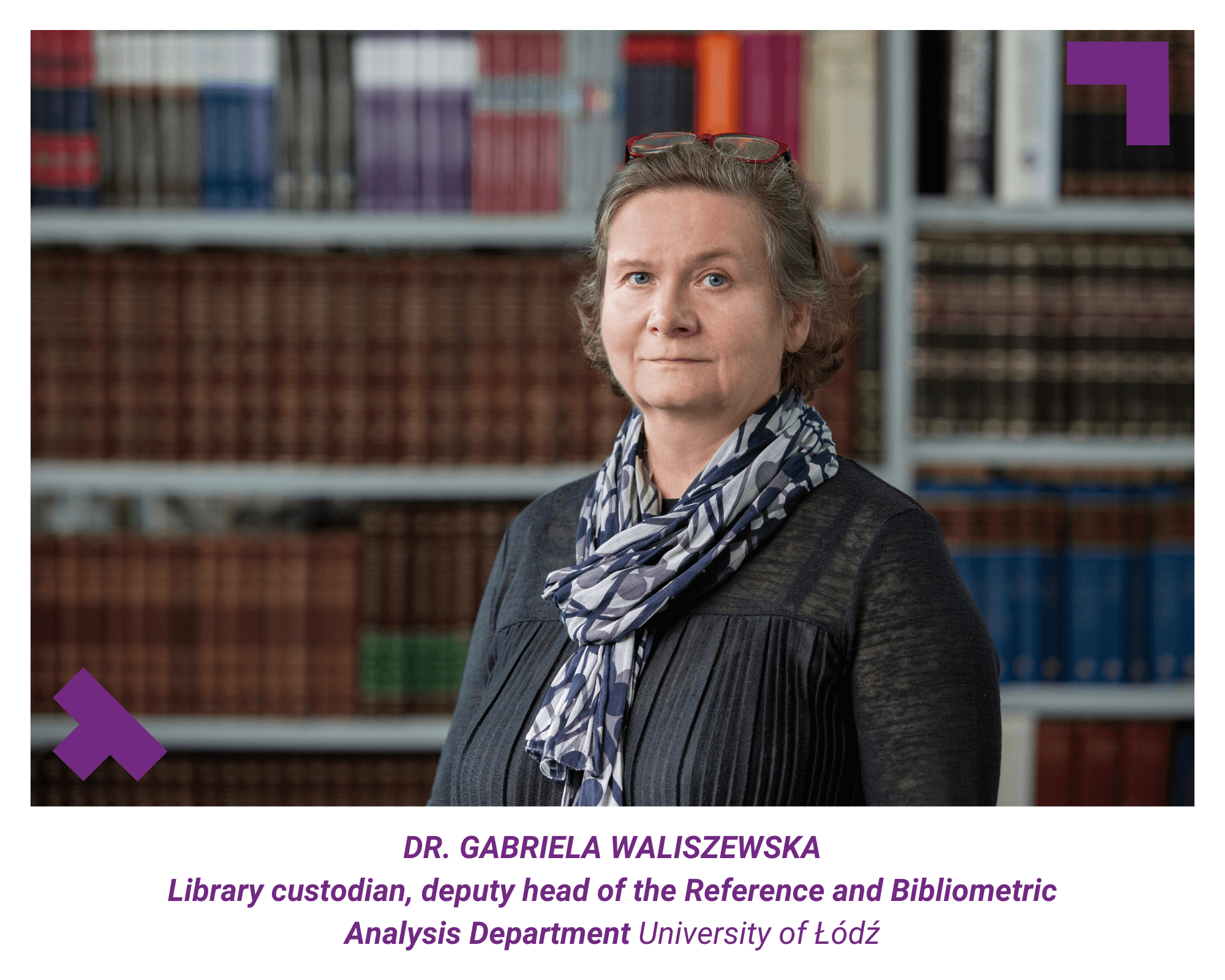
Dr. Gabriela Waliszewska is library custodian and deputy head of the Reference and Bibliometric Analysis Department. She organises access to online information resources, databases, etc. She provides information services to users and consults ORCID, PBN profiles.
What do you consider to be of the most important effects of your work (e.g., for science, for the scientific community, or for your team)?
It is easy to see that people are much more willing to communicate with someone they know. It is easier to trust and in the case of a problem – it is easier to ask a question or ask for help a person who is recognizable in the environment of a given university. Therefore, I consider being such a person, i.e., recognizability, as the most important result of my daily work. Thanks to this, good communication with scientists and other people related to our academic community is possible, and thus, the communication is fast, direct and, above all, effective. When not being an anonymous part of the bureaucratic machine, it is much easier to reach researchers with information on science evaluation, bibliometric indicators, e-resources, or the principles of creating a bibliography. Taming seemingly difficult issues is a very important matter.
Which aspects of your job do you perceive as motivating ones? (e.g., working with colleagues, facilities, work atmosphere)
You can be a motivated employee only under favourable conditions and by performing tasks that do not contradict your personality. Therefore, I consider it an important aspect of working at the University of Lodz Library to be able to adjust my duties to my personality and preferences. It is equally important to have people around you who are satisfied with the tasks assigned to them – the effective use of employees’ potential translates not only into results, but also into the atmosphere at work or the development of competences. I myself appreciate and like the tasks that make it possible for me to develop my competences and broaden my knowledge along with the subsequent stages of their implementation. In motivating the team, it is also important to get to know it – a team which is companionate, yet diverse in terms of education, skills or interests is a recipe for a good atmosphere and professional success. It is also worth remembering about the style of work and, if possible, not forcing the “owl” to be productive at dawn – flexible working time is very motivating 😊
What would your perfect workday look like?
A perfect day at work would mean that when I leave the Library, I have a look at my notebook and I can see that all the items I wrote down for today are marked as done. If today I managed to accomplish all the tasks that I scheduled yesterday with positive results, it was a really successful day. Does this mean monotony? Of course not! I can’t imagine a job that lacks challenges or surprises. Work related to scientific information and bibliometrics at times can be almost detective work and sometimes it requires deep research, creativity or quick solutions to sudden problems. However, it is nice to set specific goals and implement them according to a plan, and at the end of the day say “we’ve made it”.
How would you define research excellence? What does research excellence mean to you?
In today’s world of science, which is so much more than a “global village”, I believe that research excellence consists of several stages. The first one is research excellence “to be put down to the drawer”, that is, the implementation of one’s own intended research goal in compliance with oneself and with the principles of science and ethics – reliability, diligence, intellectual background. This is the basis, which is always relevant and has been unchanged for centuries. Today, however, it is not enough, and our own scientific goals should be designed so that the next stage is the interest in the results of the world of science and visibility. Highly cited, interesting publications should stimulate new research, projects, international science communication and cooperation. Excellence here means moving forward, recognition for a researcher and for the centre in which they carry out their research. What is the next stage? Well… maybe a prestigious award? Or maybe the Nobel Prize? 😊

